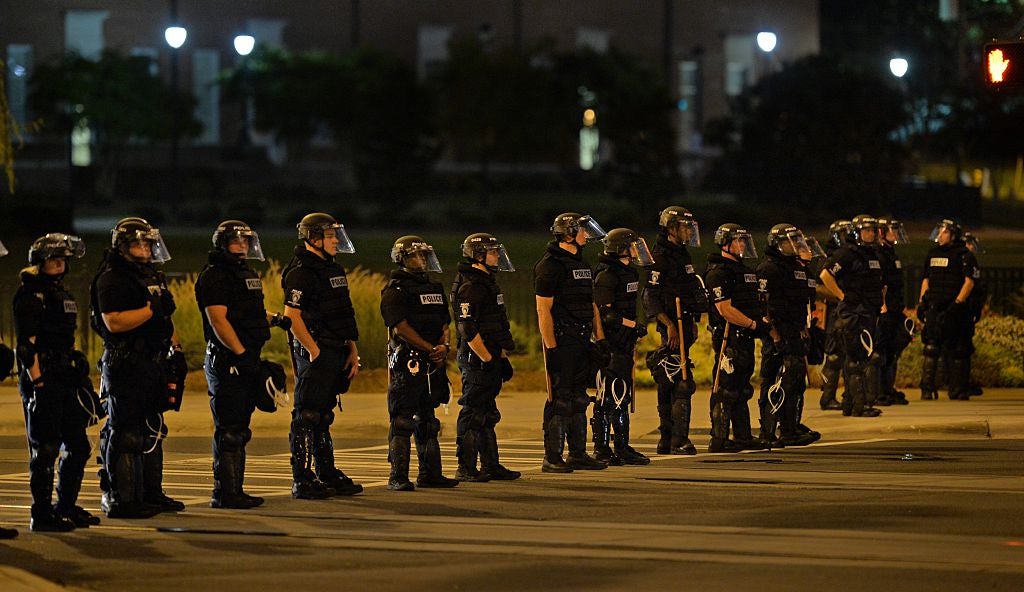
A new law in North Carolina will got into effect Oct. 1, and it will leave many wondering why police and lawmakers continue to distant themselves from those they serve.
North Carolina’s House Bill 972 passed in June and will severely limit who gets to see police body-camera footage. North Carolina governor Pat McCrory signed the bill after saying that dashboard and body-camera footage can “mislead and misinform” the public, but adds the new law will “ensure transparency.”
However, critics disagree.
The new law classifies dashboard and body-camera footage as personnel records, which only gives access to those in the video and their relative. Journalists and members of the public will need a court order to view footage. Police departments will also have to go through the state superior court judge if they wish to release the footage independently. Police departments also have the right to refuse access to footage if it will damage an officer’s reputation, harm an investigation, or jeopardize someone’s safety.
Subscribe to our daily newsletter for the latest in hair, beauty, style and celebrity news.
Susanna Birdsong, director of the North Carolina ACLU, told Mother Jones the new law will do more harm than good.
“There really should be some minimum guarantee of access to the recordings by someone other than the police.”
She added that law enforcement should have measure in place for the release of footage when it’s in the best interest of the public, it should not require court approval. Others address the fact that body-camera footage is meant to hold officers accountable and with North Carolina’s new law it will be hard to do so.
The new law goes into effect after the shooting death of Keith Lamont Scott and the public’s outcry for transparency for the release of police footage. The move to require police to wear body-camera’s has been spreading throughout the country. Footage from a 2011 shooting has come in handy after an officer was recently accused of planting a gun in a victim’s car.
Dash-cam footage also helped in the investigation of Laquan McDonald’s killing, which resulted in an officer being charged with murder.